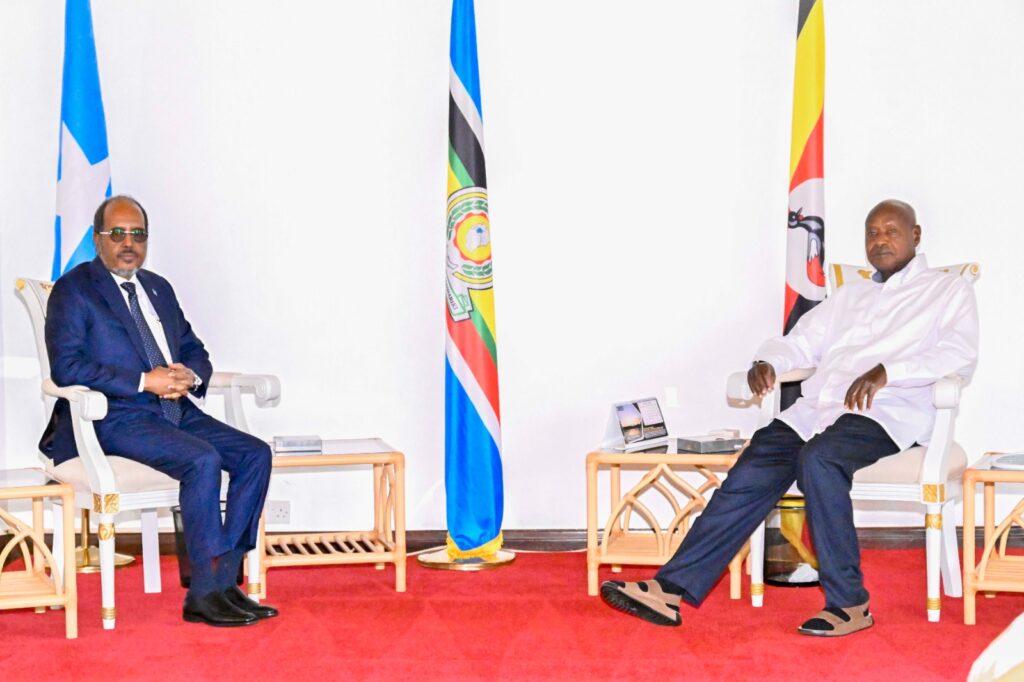Government Announces Groundbreaking Policy to Boost Ugandan Tea Prices

Government is taking decisive action in Uganda to revitalize the tea industry. Prime Minister Nabbanjja announced the development of a Cabinet Paper outlining a policy to address challenges faced by tea farmers, including low prices and quality issues.

The government has formulated a Cabinet Paper aimed at instituting a policy to revitalize the tea cultivation industry in Uganda, as articulated by Prime Minister Robinah Nabbanjja. She disclosed that four meetings have been conducted to meticulously structure this cabinet paper, with the objective of devising a rescue plan for our farmers. This statement was made during a plenary sitting convened on Thursday, November 16.
Nabbanjja highlighted the disparity in the price of Ugandan tea in comparison to other East African countries, attributing it to the absence of fertilizer application by farmers, consequently diminishing the quality of tea.
Addressing concerns regarding the plummeting tea prices, Ephraim Biraaro (NRM, Buhweju West County) pointed out that in 2023, Uganda received US$0.71 per kilogram at the Mombasa auction market, contrasting starkly with Rwanda’s US$3.15 and Kenya’s US$2.22 per kilogram. He attributed Uganda’s situation to the absence of a comprehensive tea policy and industry regulations, urging the government to promptly address the predicament faced by tea farmers.
Biraaro noted a decline in garden-to-factory prices from Shs700 to Shs200 per kilogram, emphasizing the economic challenges faced by farmers. Annet Katusiime, Bushenyi District Woman MP, underscored the financial strain on farmers due to exorbitant prices of fertilizers and pesticides, along with the proliferation of counterfeit fertilizers compromising tea quality. She called on the government to intervene and temporarily reduce electricity tariffs to facilitate tea processing factories in meeting production expenses.
Prime Minister Nabbanjja assured that immediate actions are underway to support both tea farmers and processing factories. She emphasized the short-term nature of the drafted cabinet paper, with medium-term plans for government subsidies on fertilizers to ensure the high quality of tea cultivation.
Minister for Local Government Raphael Magyezi acknowledged the challenges faced by farmers, indicating that the forthcoming policy will comprehensively address issues affecting tea growers, processors, and other stakeholders. He affirmed the government’s commitment to President’s directives and pledged to return to the House to elucidate the measures prescribed by the cabinet.







